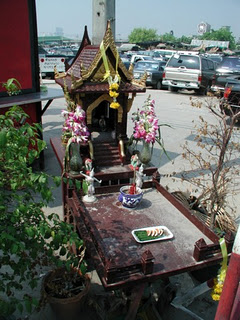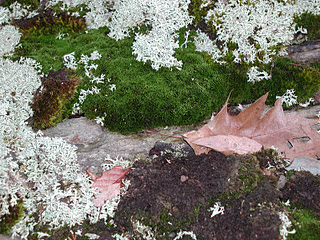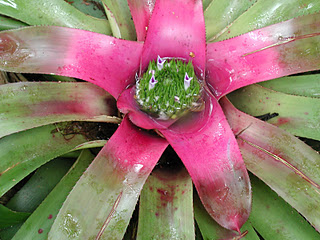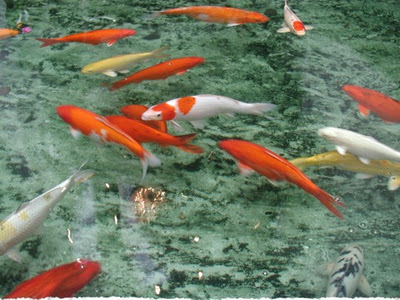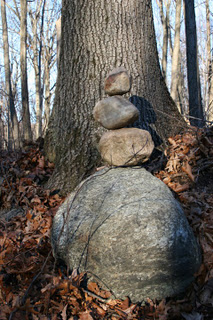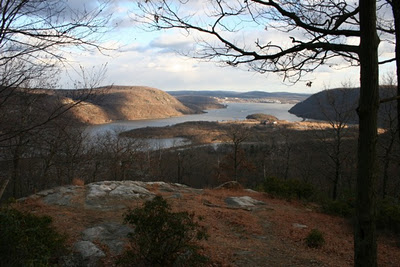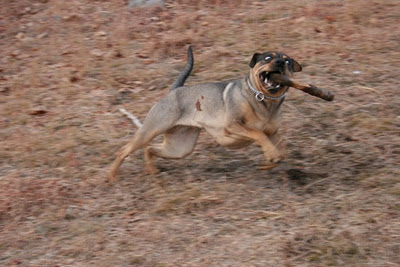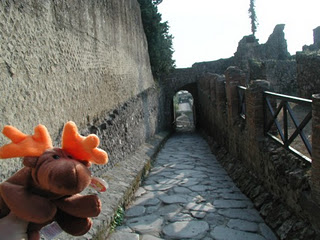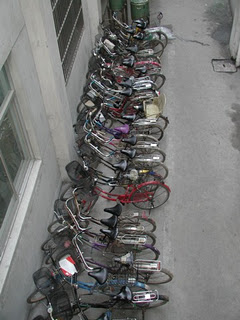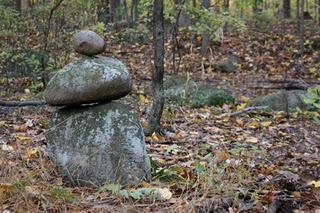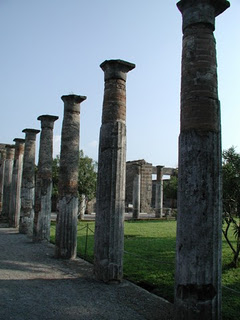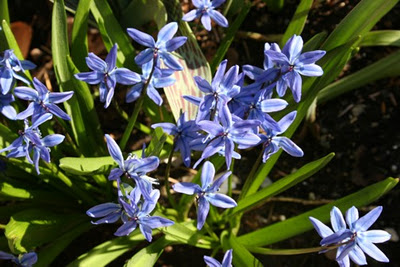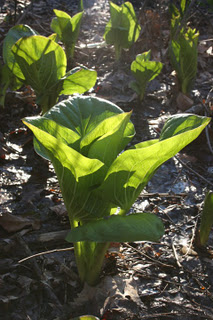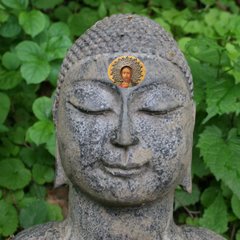
It's easy to understand what we chew and swallow as food. It's not so difficult to understand that air is food. But it is a bit more difficult to understand that the actual flow of life itself is food.
If it's difficult to understand that conceptually, it's even more difficult to experience it tangibly, that is, to have physical experiences of life that enter us deeply enough to see that they are actually food.
Nonetheless, the effects of the food of life are obvious enough. People who take in the wrong kind of impressions are often damaged by it. More often than not, the emotional state suffers- we become depressed or negative. This is one reason why it's important to practice some discrimination in life- that is, we should be a bit choosy about the kind of impressions we take in. And we should actually make an effort to take in right impressions.
Sometimes a few right impressions can make all the difference.
Last night I was exhausted and negative. I'd had a difficult day and I have been working a number of days straight through on top of jet lag and what have you. So we might say I was just about fed up with the flow of impressions- it was too relentless, for too many days in a row, without any down time. I was overstuffed and cranky. On top of all this I had to go into New York for my Gurdjieff group meeting and movements class. On the drive home I was inattentive and burnt out. The thought began to dawn on me that perhaps I'd skip, despite the fact that I had already missed two weeks of meetings in a row.
The day had started out with my movements shoes missing, which made me just a little nuts. I had to initiate a wild goose chase to buy shoes during my lunch hour. I was now racing home, crappy mood and all, hell bent for leather in order to re-engineer this marginal new footwear with suede and epoxy so that the satanically rubberized traction-rich soles wouldn't stick me to the floor of the movements hall like glue.
I came home to an equally crabby wife. I think the planets must have been out of kilter last night. We traded a few snarly words, I slugged down an espresso, climbed upstairs, slapped newly cut suede soles on the offending shoes, and let the glue set.
It was time to go in to the city, but by now I was just so damn tired I felt negative about the whole idea. When you're even feeling crappy about participating in your spiritual work you're hitting some kind of bottom for sure.
Something in me insisted on overcoming this.
I got in the car, dammit.
I grumbled into the city.
During the course of the evening, as I sat in my meeting and then went to the movements class, something changed in me. This was just the kind of food I needed. By the end of the evening the experience had soaked in like a drenching summer rain. Time itself opened up to leave room for the details.
By this morning I was positively reverberating with the impressions. The tone it struck inside me lasted all day long.
It was making the extra effort- the super-effort, as Mr. Gurdjieff might have put it- that I was able to become available. I offered myself to my life- and it offered something priceless back.
I'm grateful for this food of life. For the people, the work, the possibility of effort.
To all of you today-
Bon appetit.

